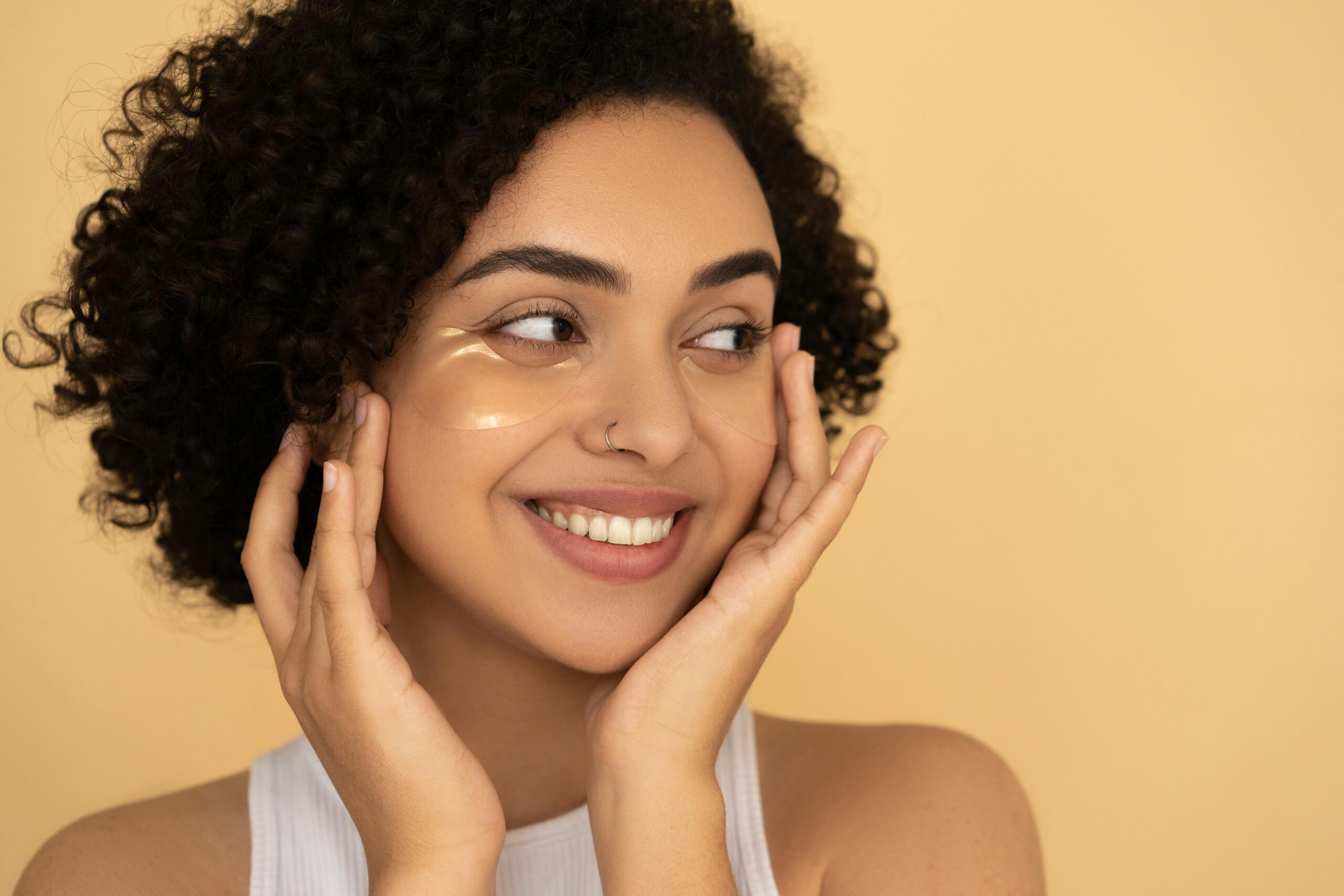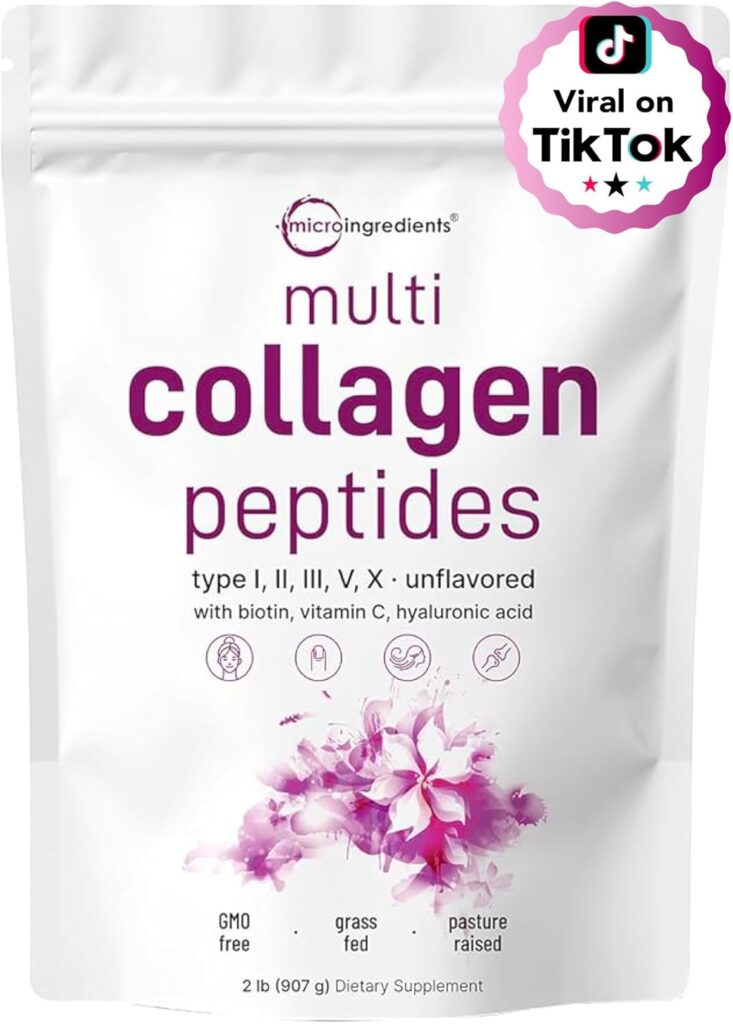The Truth About Collagen: Does It Really Improve Skin?
Discover the truth about collagen and its effects on skin. Learn how supplements, creams, and natural methods impact skin health, hydration, and aging. Collagen has become one of the most popular ingredients in the skincare and wellness industry. From powders and capsules to creams and serums, collagen promises plump, youthful skin and reduced wrinkles. But is collagen really the miracle ingredient it’s marketed to be, or is it mostly hype?
This article dives into what collagen is, how it works, its benefits for skin, myths, supplements, natural ways to boost it, and what science really says.
What Is Collagen?
Collagen is the most abundant protein in the human body, accounting for around 30% of total protein. It acts as the structural framework for your skin, hair, nails, bones, and connective tissues.
Key Functions of Collagen:
- Skin: Provides elasticity, hydration, and firmness.
- Bones & Joints: Maintains strength and flexibility.
- Hair & Nails: Supports growth and prevents brittleness.
There are at least 16 types of collagen, but Type I, II, and III are the most important for skin health. Type I is the most abundant in the skin, providing strength and structure, while Type III supports skin elasticity and firmness.
How Collagen Affects Skin
As we age, collagen production naturally declines starting in our mid-20s to 30s which contributes to:
- Wrinkles and fine lines
- Loss of skin elasticity
- Thinning and dryness
- Slower healing and duller skin appearance
Collagen provides the structural support necessary to maintain youthful, smooth, and hydrated skin. Without enough collagen, skin loses volume and resilience.
Collagen Supplements: Do They Work?
Collagen supplements are widely available in forms like hydrolyzed collagen (collagen peptides), powders, capsules, and drinks.
How They Work:
Hydrolyzed collagen is broken down into amino acids, making it easier for the body to absorb. Once absorbed, these amino acids are used by the body to support collagen production, not necessarily deposited directly into the skin.
Scientific Evidence:
- Studies show oral collagen supplementation can improve skin elasticity, hydration, and reduce wrinkle depth.
- A 2019 review in the Journal of Drugs in Dermatology reported that 2.5–10 grams of collagen peptides daily for 8–12 weeks resulted in measurable improvements in skin elasticity and hydration.
- Other studies suggest collagen supplementation may stimulate fibroblasts, the cells responsible for producing collagen naturally in the skin.
Limitations:
- Results vary by individual.
- Collagen supplements are more effective when paired with a nutrient-rich diet and healthy lifestyle.
Topical Collagen Products
Many skincare products contain collagen, including creams ,masks ,serums
What They Can Do:
- Collagen molecules are too large to penetrate deeply into the skin, so most topical collagen acts as a hydrating agent, temporarily plumping the skin’s surface.
- Ingredients that stimulate your body’s own collagen production like retinol, vitamin C, and peptides are more effective for long-term anti-aging benefits.
Pro Tip:
Combine collagen-containing creams with daily sunscreen to protect natural collagen from UV damage, which is a major contributor to collagen breakdown.
Natural Ways to Boost Collagen
Supporting your body’s own collagen production is often more effective than relying solely on supplements.
1. Vitamin C:
Essential for collagen synthesis. Sources include citrus fruits, strawberries, bell peppers, and kiwis.
2. Protein-Rich Diet:
Collagen is made of amino acids like glycine, proline, and hydroxyproline. Include lean meats, fish, eggs, dairy, and legumes.
3. Antioxidants:
Protect collagen from free radical damage. Found in berries, green tea, leafy greens, and nuts.
4. Limit Sun Exposure:
UV rays break down collagen and cause premature aging. Always apply sunscreen when outdoors.
5. Healthy Lifestyle:
Adequate sleep, reduced alcohol intake, quitting smoking, and stress management all help maintain collagen levels.
6. Bone Broth:
Rich in collagen and amino acids, bone broth can support skin, hair, and joint health when consumed regularly.
Collagen and Aging
Collagen levels decline naturally with age, contributing to wrinkles, sagging, and dryness.
Key Points:
- Women experience a sharp decline in collagen production after menopause, which accelerates visible aging.
- Lifestyle factors such as smoking, poor diet, and chronic stress accelerate collagen degradation.
- Protecting and stimulating collagen naturally helps maintain firm, youthful skin.
Common Myths About Collagen
- “Topical collagen creams replace lost collagen.”
– False. They mostly hydrate and smooth the skin’s surface. - “More collagen supplements = faster results.”
– False. Your body only uses what it needs; excess is broken down or excreted. - “Collagen alone prevents aging.”
– False. Aging is multifactorial, influenced by genetics, environment, and lifestyle. - “Collagen supplements instantly reduce wrinkles.”
– False. Benefits usually appear after 8–12 weeks of consistent use.
Pros and Cons of Collagen Supplementation
Pros:
- May improve skin elasticity and hydration
- Supports hair, nails, and joint health
- Relatively safe with minimal side effects
Cons:
- Costly if taken long-term
- Effects vary by person
- Supplements are not a substitute for a healthy diet and lifestyle
✅ Final Thought
Collagen plays a crucial role in maintaining youthful, healthy skin, but it’s not a miracle solution. Oral collagen supplements may improve hydration, elasticity, and reduce wrinkles, while topical collagen mainly moisturizes the surface.
For optimal skin health:
- Consume a balanced diet rich in protein and antioxidants
- Use skincare ingredients that stimulate natural collagen production
- Protect your skin from UV damage and adopt a healthy lifestyle
By combining diet, supplements, and smart skincare, you can naturally support collagen levels, keeping your skin healthy, resilient, and radiant.







